- myFICO® Forums
- FICO Scoring and Other Credit Topics
- Understanding FICO® Scoring
- Re: What is the ideal number of credit cards for o...
- Subscribe to RSS Feed
- Mark Topic as New
- Mark Topic as Read
- Float this Topic for Current User
- Bookmark
- Subscribe
- Mute
- Printer Friendly Page
What is the ideal number of credit cards for optimal thickness?
Is your credit card giving you the perks you want?
Browse credit cards from a variety of issuers to see if there's a better card for you.
- Mark as New
- Bookmark
- Subscribe
- Mute
- Subscribe to RSS Feed
- Permalink
- Report Inappropriate Content
Re: What is the ideal number of credit cards for optimal thickness?
You never ask dumb questions. I don't have any charge cards either. Like you I always PIF, so in practice all my cards would act the same.
I am guessing that the answer lies partly in the history of credit/cards. The early major cards (Diners Club, Amex) were all charge cards. The concept of a "credit" card (where one did not have to PIF) came later, after the concept (and prestige) of charge cards was already established. The idea that certain kinds of VISAs and MCs could be just as prestigious as Amex -- that's a very recent development, historically.
http://www.creditcards.com/credit-card-news/credit-cards-history-1264.php
From what I know of you (and here I am the same way) the idea of a "prestige" card is an enigma -- to you and me we think purely in terms of the cold financial benefit in comparing two cards and that's it. But many people don't. There's a certain pleasure many people get in being able to produce a card that is reserved for the well heeled (or whatever).
So I think in part that some of it is just a historical accident. Charge cards came first. And even when no annual fee credit cards were eventually introduced, it was always a mark of pride to own a card that you had to pay an annual fee for.
TT is an AU on his wife's charge card, I believe. And other folks here may own them. I haven't found a card that charges an annual fee (credit or charge) that makes sense for me personally to own for longer than 364 days. But that's maybe in part because I am single and have a fairly frugal lifestyle (rarely go on vacations, never fly first class, etc.). If I bought $6000 worth of groceries a year, then the Amex Blue Cash Preferred would make sense. Still a credit card, but my point is that I can imagine how even from a pure dollars perspective I can imagine cards with annual fees being worth it.
- Mark as New
- Bookmark
- Subscribe
- Mute
- Subscribe to RSS Feed
- Permalink
- Report Inappropriate Content
Re: What is the ideal number of credit cards for optimal thickness?
Thanks for the reply. So it doesn't seem to me that there is much of a practical use for a charge card over a credit card. Now, if it meant adding to "credit mix" and possibly picking up some more FICO points, to me, that could reveal a less common practical use. I'm not sure the possible point gain (and possibly not) of course would be worth the $175-$195 AF, or whatever they are for charge cards, generally speaking.
- Mark as New
- Bookmark
- Subscribe
- Mute
- Subscribe to RSS Feed
- Permalink
- Report Inappropriate Content
Re: What is the ideal number of credit cards for optimal thickness?
@Anonymous wrote:You never ask dumb questions. I don't have any charge cards either. Like you I always PIF, so in practice all my cards would act the same.
I am guessing that the answer lies partly in the history of credit/cards. The early major cards (Diners Club, Amex) were all charge cards. The concept of a "credit" card (where one did not have to PIF) came later, after the concept (and prestige) of charge cards was already established. The idea that certain kinds of VISAs and MCs could be just as prestigious as Amex -- that's a very recent development, historically.
http://www.creditcards.com/credit-card-news/credit-cards-history-1264.php
From what I know of you (and here I am the same way) the idea of a "prestige" card is an enigma -- to you and me we think purely in terms of the cold financial benefit in comparing two cards and that's it. But many people don't. There's a certain pleasure many people get in being able to produce a card that is reserved for the well heeled (or whatever).
So I think in part that some of it is just a historical accident. Charge cards came first. And even when no annual fee credit cards were eventually introduced, it was always a mark of pride to own a card that you had to pay an annual fee for.
TT is an AU on his wife's charge card, I believe. And other folks here may own them. I haven't found a card that charges an annual fee (credit or charge) that makes sense for me personally to own for longer than 364 days. But that's maybe in part because I am single and have a fairly frugal lifestyle (rarely go on vacations, never fly first class, etc.). If I bought $6000 worth of groceries a year, then the Amex Blue Cash Preferred would make sense. Still a credit card, but my point is that I can imagine how even from a pure dollars perspective I can imagine cards with annual fees being worth it.
Charge cards were around decades before the 1st credit card came into existance. My 1st two cards were an AMEX green charge card and an Amoco Torch Diners Club. As I recall, few credit cards existed at the time and they were not mainstream. AMEX had high charge limits and salespeople occassionally purchased cars on their company AMEX for the generous airline mileage awards. Amoco put a stop to purchasing cars on company backed cards in the early 90s.
Travel perks were quite good and the cards were accepted internationally.
I have maintained my AMEX green (1984) as it is my oldest card and it brings back memories of my travel days. AMEX is my only AF card and the $55 expense (grand fathered fee) is $40 less than the current AF. There may be some no AF store charge cards still out there but the last one I had was a BB card that was replaced with a credit card in 2009.
Credit cards really hit the scene in the late 80s. Most had annual fees. I was enticed into becoming a charter member for an AT&T Universal credit card in 1990 because those that signed up as early adopters were offered no AF for life. A $12k credit limit in 1990 was pretty good but, still well below charge card limits.
My NPSL charge card is treated differently as an account than are my credit cards. It is considered an "open account" as opposed to a "revolving account". It could show up on reports in the "other" account category summary or be included in the "revolving" account summary. Does that improve account mix? Not sure either way. Account "mix" has not been reported as an issue for me.![]() I really don't have a way to test impact of a charge card on mix.
I really don't have a way to test impact of a charge card on mix.
All I can say is VS3 and Enhanced Fico 08 scoring models consider my file lacking due to insufficient activity on open accounts and/or not enough open accounts. ![]()
Fico 8: .......EQ 850 TU 850 EX 850
Fico 4 .....:. EQ 809 TU 823 EX 830 EX Fico 98: 842
Fico 8 BC:. EQ 892 TU 900 EX 900
Fico 8 AU:. EQ 887 TU 897 EX 899
Fico 4 BC:. EQ 826 TU 858, EX Fico 98 BC: 870
Fico 4 AU:. EQ 831 TU 872, EX Fico 98 AU: 861
VS 3.0:...... EQ 835 TU 835 EX 835
CBIS: ........EQ LN Auto 940 EQ LN Home 870 TU Auto 902 TU Home 950
- Mark as New
- Bookmark
- Subscribe
- Mute
- Subscribe to RSS Feed
- Permalink
- Report Inappropriate Content
Re: What is the ideal number of credit cards for optimal thickness?
Charge cards are just revolving tradelines with some caveats on not counting towards utilization on modern algorithms. Nothing intrinsic about them in terms of getting higher scores on any FICO algorithm, and arguably they're a potential penalty on FICO 98 models for the unwary.
FWIW I think from a pure modern scoring perspective the minimum number is 4 revolvers as some profiles on some bureaus at least on FICO 8 (Equifax) clearly see a penalty at 1/3 of cards reporting a balance but I haven't personally seen anything below that mandating 5 revolvers. If we assume that we're going to get down to AZEO when we need to put lipstick on the pig, then 4's sufficient.
That said from a more holistic credit viewpoint, I think 5 is a good number to aim for if you're trying to get nearly complete coverage from a rewards perspective and yet still have some lender diversity in there, but it's really personal comfort level which should decide that. As TT correctly points out you can achieve 850 on a smaller number of revolvers, but my personal strategies are built around playing in dirty buckets and needing to squeeze every point I can out of the algorithm... but I've never been at the 760+ level where it just doesn't rationally make much difference.
If I had found this forum as a clean file, and gotten the trivially easy 760+ on FICO 8 as a result, I'd probably have a different opinion.





















- Mark as New
- Bookmark
- Subscribe
- Mute
- Subscribe to RSS Feed
- Permalink
- Report Inappropriate Content
Re: What is the ideal number of credit cards for optimal thickness?
I personally don't think there is an ideal number of credit cards for optimal thickness.
I think you can get a perfect score with a handful of cards, and you can get a perfect score with a ton of cards, so long as they're old enough.

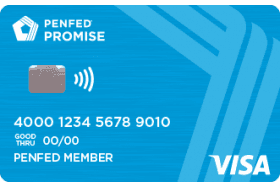

















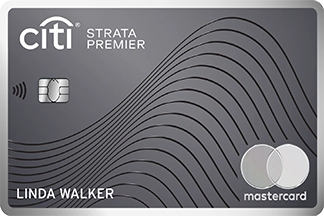











Total revolving limits 568220 (504020 reporting) FICO 8: EQ 689 TU 691 EX 682
- Mark as New
- Bookmark
- Subscribe
- Mute
- Subscribe to RSS Feed
- Permalink
- Report Inappropriate Content
Re: What is the ideal number of credit cards for optimal thickness?
I don't know Rev, I'm 760+ on 2B (751 on the 3rd) and it hasn't stopped me at all from trying to pinch every credit point I can get. Maybe that's reserved for the 800+ guys.
- Mark as New
- Bookmark
- Subscribe
- Mute
- Subscribe to RSS Feed
- Permalink
- Report Inappropriate Content
Re: What is the ideal number of credit cards for optimal thickness?
If I had found this forum as a clean file, and gotten the trivially easy 760+ on FICO 8 as a result, I'd probably have a different opinion.
I think most people come to this forum with some issue relating to credit, me included. I had an issue with new accounts popping up and dropping my score as a result.
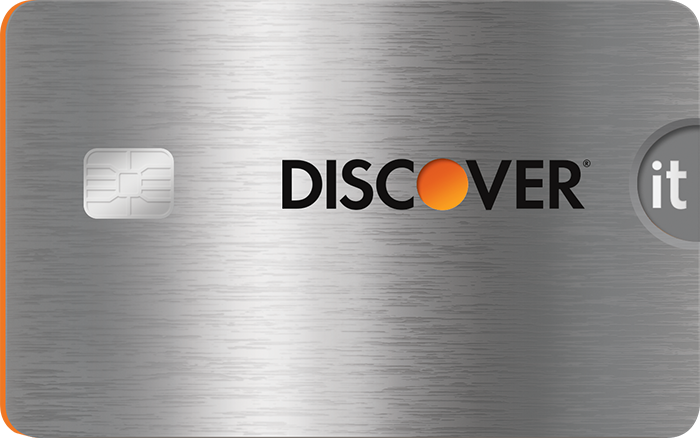

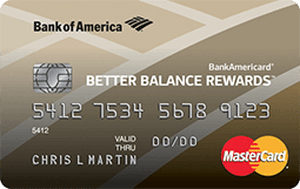

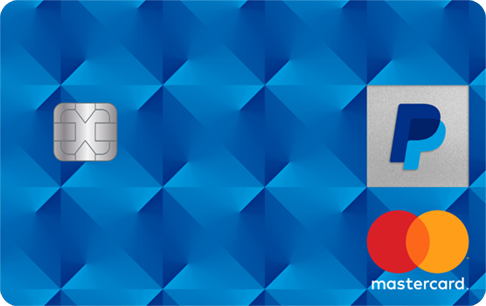

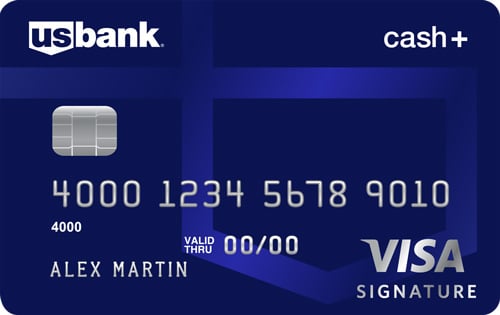
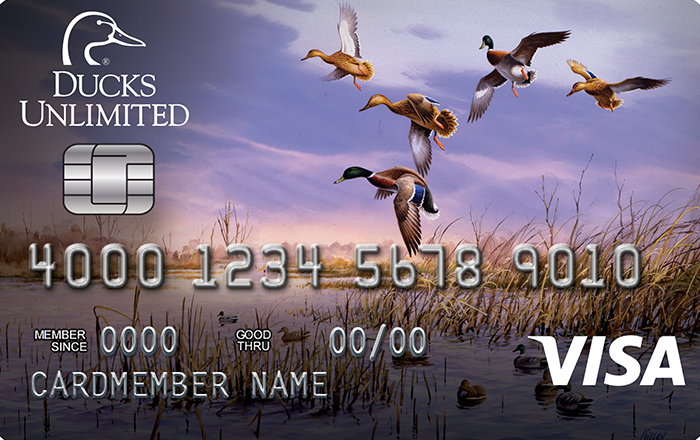

 Starting Score: Ex08-732,Eq08-713,Tu08-717
Starting Score: Ex08-732,Eq08-713,Tu08-717Current Score:Ex08-795,Eq08-807,Tu08-787,EX98-761,Eq04-742
Goal Score: Ex98-760,Eq04-760
Take the myFICO Fitness Challenge
History of my credit
- Mark as New
- Bookmark
- Subscribe
- Mute
- Subscribe to RSS Feed
- Permalink
- Report Inappropriate Content
Re: What is the ideal number of credit cards for optimal thickness?
the answer is .....it depends...
Not a big fan of credit cards either but i agree with the great posts by all the others.
Mix is a key factor. I have a mortgage and a credit union card with under 20% util and my scores are 830+. That is it.
in 2009 i hit bottom after losing job with score in upper 500's. Credit lines and cards everywhere. Learned my lesson defaulted on about 45k.
- Mark as New
- Bookmark
- Subscribe
- Mute
- Subscribe to RSS Feed
- Permalink
- Report Inappropriate Content
Re: What is the ideal number of credit cards for optimal thickness?
Great example above of someone with a near-perfect score and only 1 revolver and installment loan.
- Mark as New
- Bookmark
- Subscribe
- Mute
- Subscribe to RSS Feed
- Permalink
- Report Inappropriate Content
Re: What is the ideal number of credit cards for optimal thickness?
@Anonymous wrote:Great example above of someone with a near-perfect score and only 1 revolver and installment loan.
Yep - and a previous post mentioned 850 scores with only 2 CCs and a loan.
It would be interesting to know if the 2 card profile experiences a score impact if two vs one card report small balances.
Fico 8: .......EQ 850 TU 850 EX 850
Fico 4 .....:. EQ 809 TU 823 EX 830 EX Fico 98: 842
Fico 8 BC:. EQ 892 TU 900 EX 900
Fico 8 AU:. EQ 887 TU 897 EX 899
Fico 4 BC:. EQ 826 TU 858, EX Fico 98 BC: 870
Fico 4 AU:. EQ 831 TU 872, EX Fico 98 AU: 861
VS 3.0:...... EQ 835 TU 835 EX 835
CBIS: ........EQ LN Auto 940 EQ LN Home 870 TU Auto 902 TU Home 950